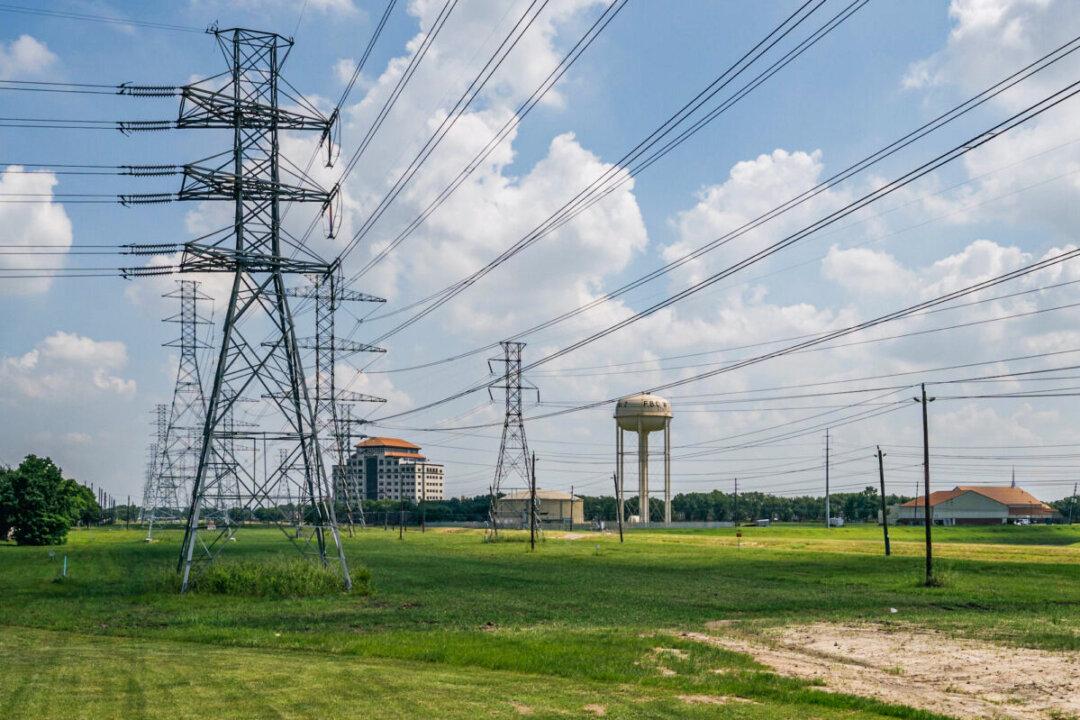Experts are warning that the state of Texas is under threat of rolling blackouts this summer amid a heatwave and record-high demand for power.
Energy analyst Ed Hirs, a University of Houston energy fellow wrote a recent op-ed for The Austin American-Statesman in which he highlighted the gap between power generation and demand across the state.




